Column: America’s Economy is Hanging on Loose Hinges
There are four departments in a president’s cabinet that hold great economic responsibility: the Department of State, the Treasury, Commerce and Labor. The people that President Donald Trump has nominated as the heads of these departments are Rex Tillerson, the CEO of Exxon Mobil, Steven Mnuchin, former senior executive from Goldman Sachs, Wilbur Ross, whose nickname is the “King of Bankruptcy” and Andrew Puzder, chief executive of Carl’s Junior.
What do all these people have in common? They’re all billionaire businessmen.
Why does this matter?
Aristotle believed that in the first form of oligarchy, people have very little property and that whomever obtains the right or most amount of property will be the one to control their majority share of the government. That was during the 4th-century B.C.E.
In the United States today, one tenth of one percent own more wealth than the bottom ninety percent combined. The cutoff annual income to be considered wealthy is fifty million dollars. Our economy has been fixed this way.
Therefore, by the principles of economics alone, we do not live in a democracy.
Why? Because, regardless of the fact that the poor are the majority in this country, the middle class no longer holds the country’s purchasing power.
In ninth grade at Archer students take Physics, and in 10th grade English classes, we were given a brief history of Marxist theory while reading “The Strange Case of Dr. Jekyll and Mr. Hyde.” Perhaps a synthesis of these two notions will best explain my earlier observation of our fixed economy.
Marx explains that the bourgeoisie and proletariat arise from consequence of one another. People cannot own a lot of money without some people owning less money.
From the standpoint of physics, this is affirmed by Newton’s third law, which claims that for every action there is an equal yet opposite reaction. This explains the socioeconomic dichotomy seen in American society.
Once this division occurs, people do not have the right to choose freely where they may participate in society; it has in effect been predetermined.
You may wonder, by whom? Great question.
Within the realm of economics, the wealthy are this nation’s ruling class. Their concentration of power in Congress allows them to use their political supremacy to construct what Chomsky would call the “dual character” of neoliberalism — that there are one set of rules for the rich, and another for the poor.
The issue of minimum wage, for example, is always being debated. Government policy affects how high or low the minimum wage is. Being so, our ability to buy food or pay rent is controlled by the wealthy, who use said policy as a tool of insecurity to run the country.
Furthermore, as journalist Chris Hedges wrote for TruthDig in November and was later made evident by Trump’s cabinet nominations, we are left with a quasi-fascist political association where “the citizen does not genuinely participate in power.”
I don’t say this to promote anarchy, but rather to warn that we may be heading into an era of unprecedented economic deregulation.
My suggestion here is not that giving the middle and lower classes more money alone will solve this problem, but rather that crucial access to economic literacy will. The first thing that separates Trump’s cabinet nominees from you and me is that they speak the language.
Language, by virtue, should not exclude people from understanding their civic duties, rights, and most saliently, their ability to advocate for greater risk exposure and corporate governance of our economy.



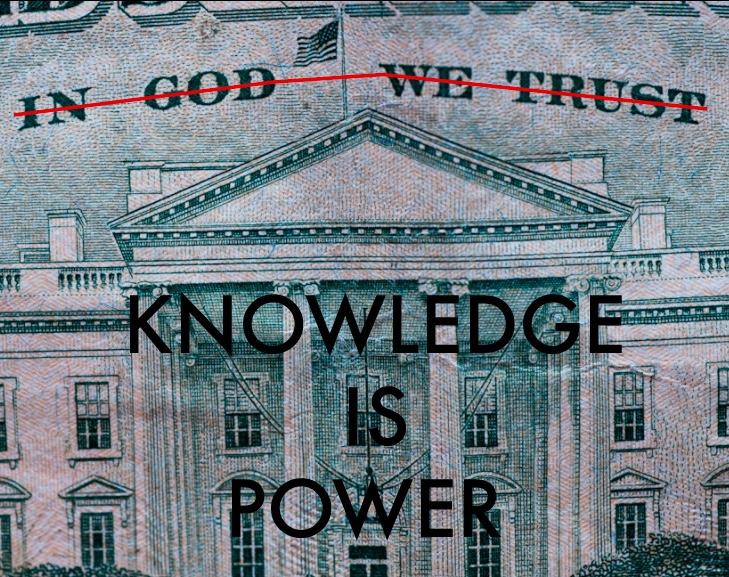



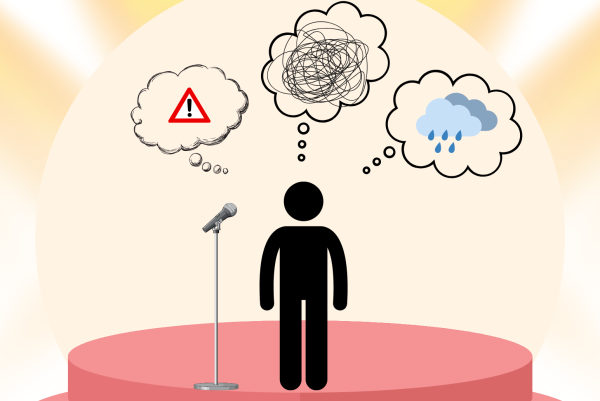

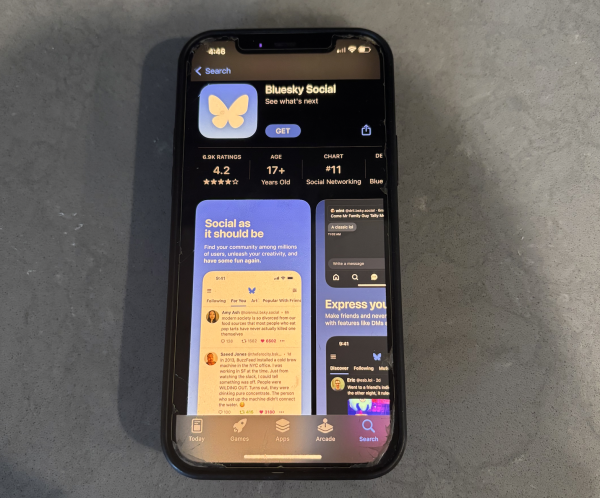
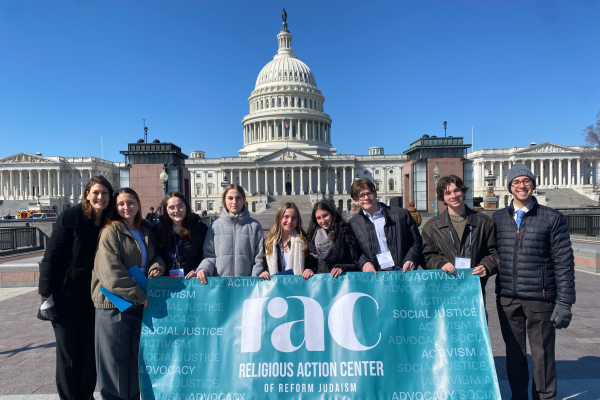


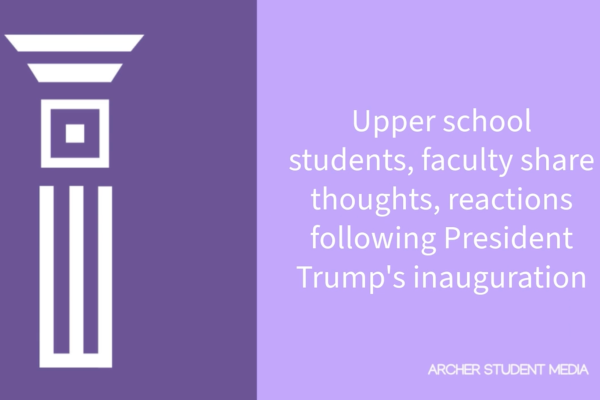
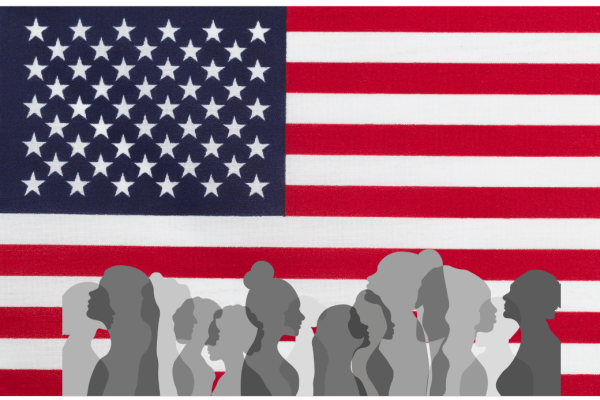
Isabel Adler • Jan 22, 2017 at 11:10 pm
Great column, as usual Ciel! Love that you mix politics, literature, and history.
— An avid reader